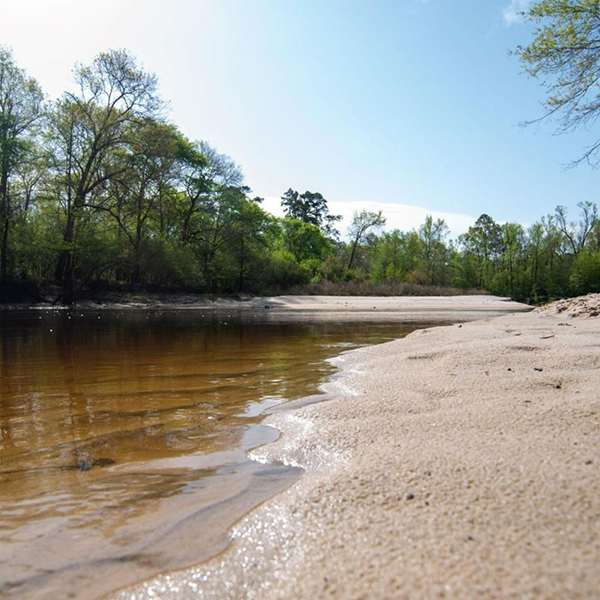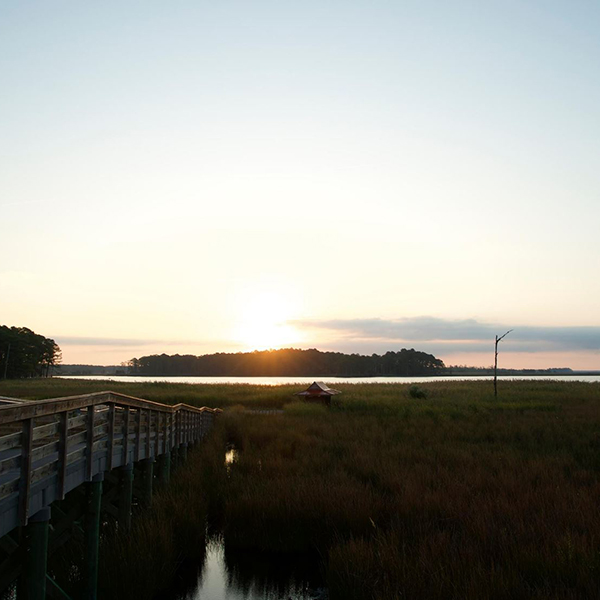Coastal Resiliency
Coastal Parks in a Changing Climate
Coastal Parks in a Changing Climate
NPCA works to safeguard national park waters and aquatic habitats from their greatest challenge – climate change.
Our 88 coastal parks are living laboratories, providing vital information about the health of our oceans and our national parks. Hundreds of millions of Americans depend on clean, healthy waterways and oceans, teeming with abundant wildlife for their livelihoods, cultural identities and well-being.
With today’s rapidly changing climate, our coastal national parks are on the front lines of climate harms with rising temperatures and sea-levels, to frequent flooding and shoreline erosion, to more extreme storms, coral bleaching, and longer visitation seasons. NPCA works to protect, restore and strengthen our coastal national parks by advocating for federal funding and stronger policies to protect more of our oceans and waterways. Doing so not only makes our parks and communities stronger to combat climate harms, it promotes human health benefits, our livelihoods and local economies.

NPCA is advancing research and strategies to protect, preserve and restore the 88 coastal national parks by building resiliency to climate change.

NPCA is working to create and expand marine protected areas within and adjacent to national parks, marine national monuments and national marine sanctuaries.

NPCA is leveraging federal aquatic ecosystem restoration programs to restore coastal ecosystems, while working to defeat incompatible energy development projects that would destroy coastal habitats and exacerbate the climate crisis. We secure record-breaking federal investments in the Great Lakes, Everglades, Chesapeake Bay and Delaware River watershed.

Cape Hatteras National Seashore

Big Thicket National Preserve

Harriet Tubman Underground Railroad National Historic Park

Everglades National Park